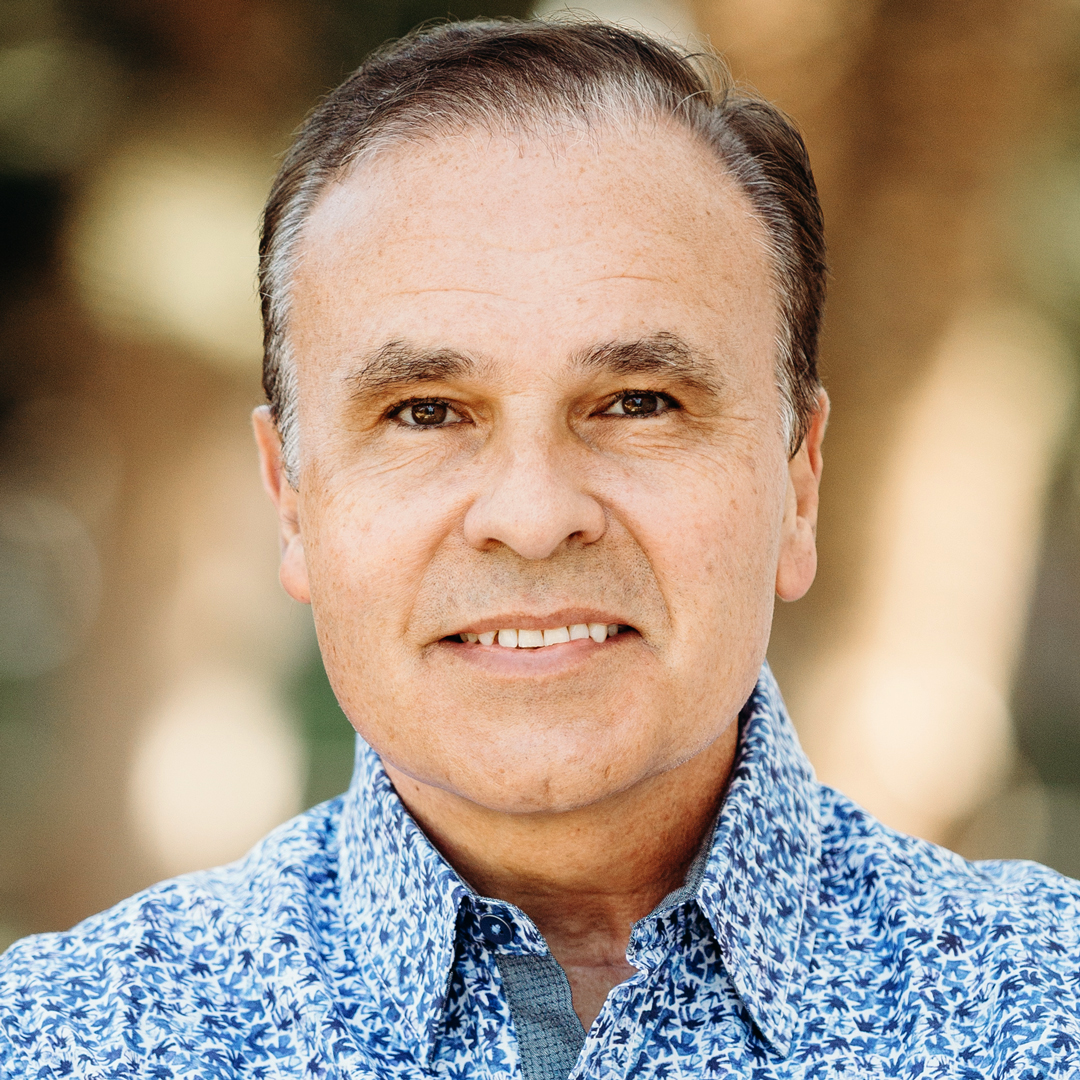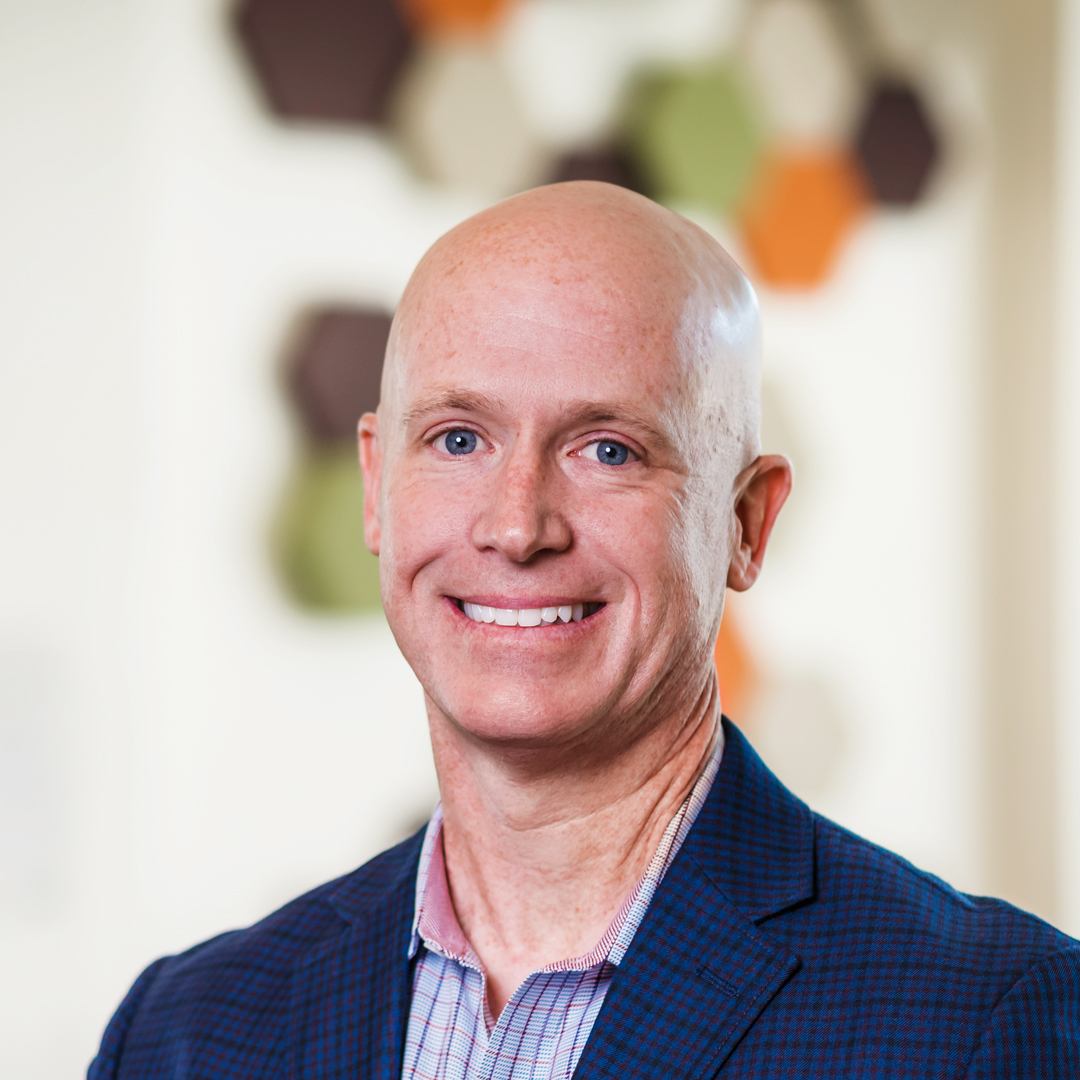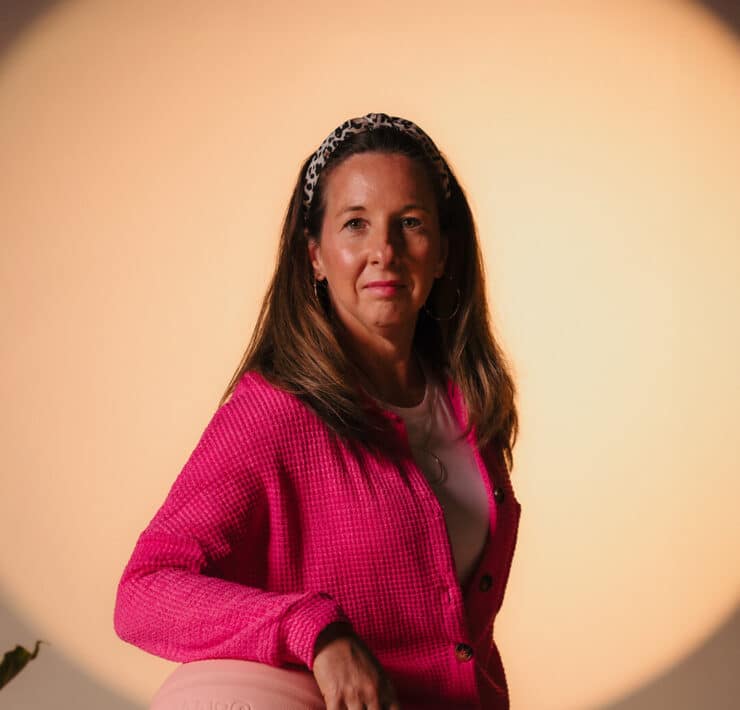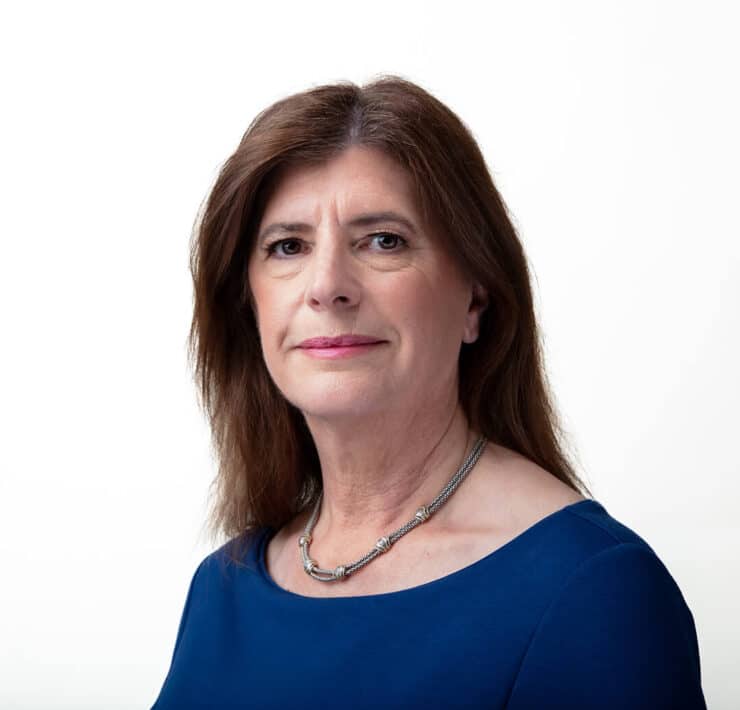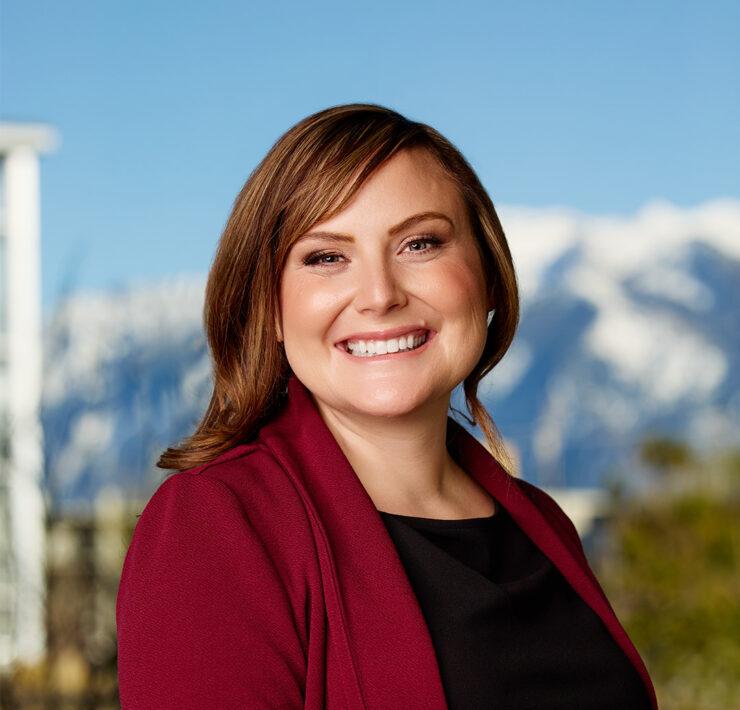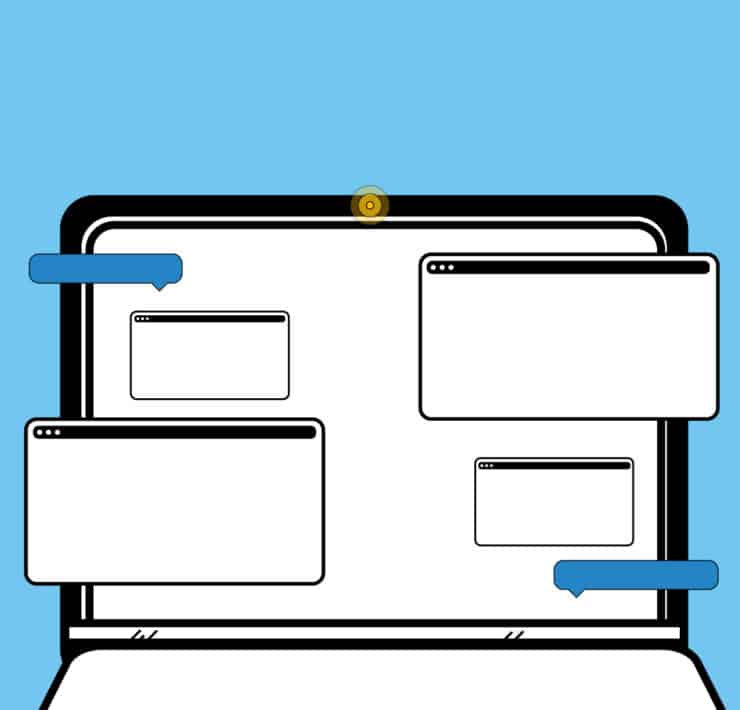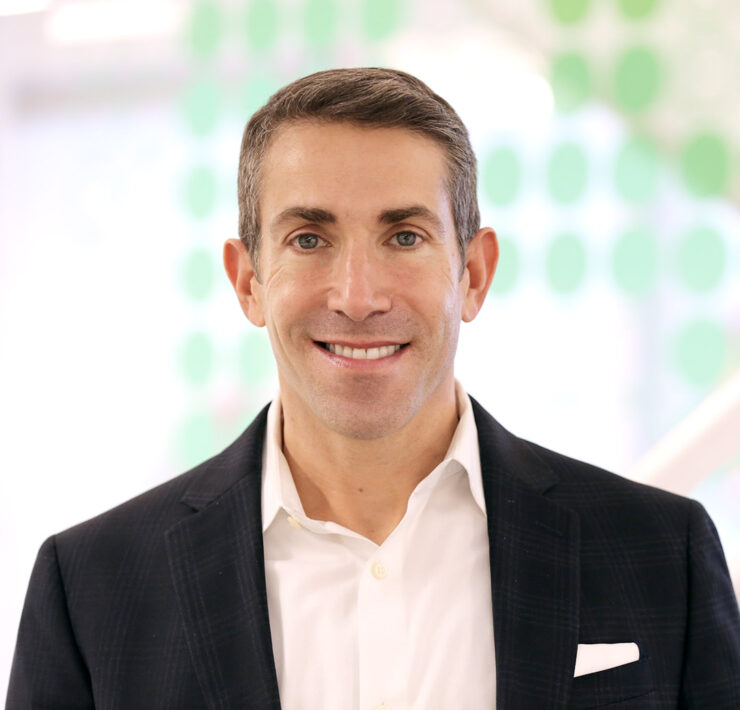Larry Callahan Elevates HR at Howard University
- After a long career in human resources for various corporations, Larry Callahan is helping Howard University produce tomorrow’s top leaders

|
Getting your Trinity Audio player ready... |
A young Howard University student paused, surprised by the voice on the other end of the line. Although the caller was not in her contacts list, she answered anyway. The voice that greeted her belonged to university president Wayne A. I. Frederick. While it’s unusual for university leadership to call students directly, 2020 was no ordinary year. After discussing the impact of the ongoing COVID-19 pandemic with his cabinet, Frederick joined provosts, chancellors, and others in calling to check in on the mental and physical health of students, faculty, and staff.
Larry Callahan, associate vice president and chief human resources officer, helped birth this idea and matched each name in the directory with a volunteer caller. “If the president is calling, we’re all calling,” he laughs. Callahan remembers speaking to an incoming student council president before leaving a message for one of the university’s football coaches. When the coach returned the call, the two spoke for forty-five minutes. “It was meaningful just to connect with another person and let them know they are cared for,” Callahan says. “Everyone was overwhelmed and grateful.”
No one who has worked with Callahan during his long and distinguished career in HR would be surprised to discover he encouraged Howard University (HU) to weave a personal element into its pandemic response. Church and community were centerpieces of his life in Tennessee, where Callahan was born, and West Virginia, where he was raised.
“I always had people to look up to and that was never in doubt,” Callahan says. “They showed me the right path in life.” He learned to value community while singing in choir, attending Sunday school, playing sports, and serving in the Key Club and National Honor Society.
After starting his undergraduate studies at Marshall University, Callahan was drafted into the US military, where he became a policeman. Although Callahan’s service wasn’t voluntary, he decided to make the most of the opportunity and surround himself with positive influences. “Where you go in life is not an accident. You can often choose to put yourself around good, bad, or indifferent people,” he says. “Your values guide you toward or away from certain people and certain things.” While serving in Germany, Callahan was soldier of the month many times; he received an honorable discharge after two years of service.
During his time in Germany, Callahan transferred from Marshall to West Virginia State University, one of the nation’s most well-known historically black colleges and universities (HBCUs), where he also tutored other students for $2 an hour while studying political science. He then graduated in and immediately started an advanced degree program back at Marshall, where he also served as a graduate assistant.
As Callahan entered the workforce, he began to execute what would become a key strategy in both his life and his career. “If you put yourself close to good people doing good things, you’ll find the right opportunity,” he says. When his sister introduced him to a recruiter, Callahan earned a spot as one of six people in a training program for the company that is now Sprint Corporation.

When his friends and colleagues at Sprint started interviewing with Siemens, a German manufacturing company, Callahan did the same. In 1983, he moved to Boca Raton, Florida, to implement digital business telephone systems for Siemens. This started a twenty-three-year phase that would take him across the eastern United States, and into the world of HR, where he had a wide variety of responsibilities, including serving on global teams and traveling internationally.
At first, Callahan was in support and training roles, but when a manager became aware of his skills and experience in working with people, he was offered a position as a regional HR manager. Callahan was soon in the field working as a true HR generalist during an important time of rapid growth for the company. Promotions came every few years, and along the way to his role as senior vice president of human resources, Callahan developed global programs, led mergers and acquisitions, and created emerging leaders’ workshops.
In 2006, Callahan left Siemens for the medical field, where he helped university hospitals and other healthcare systems modernize HR functions that were lagging behind other industries. During those years, Callahan developed a reputation for driving change as he revamped executive compensation and benefits packages, created diversity programs, and helped hospitals make dramatic increases in patient satisfaction scores.
After stacking up accomplishments year after year, Callahan jumped at the chance to join Howard University in 2018. “This place is special and fits who I am perfectly,” he says. “Howard serves a certain constituency, including the underserved, and it needed someone to elevate HR.”
Callahan has been busy at Howard. He leads all HR functions, advises on organization development, and serves in the president’s cabinet.
In his first year, he helped migrate Howard’s retirement savings plan, taking $800 million in assets from five vendors and uniting them in a single TIAA plan. “The success of Howard University’s retirement programs are attributed to Larry’s innovative leadership,” says John Doyle, associate partner, at Aon Investments. “He understands how important benefits are to improving retirement outcomes.”
He also helped Howard increase its minimum wage. In early 2020, nonunion employees earning less than $35,000 saw their pay increase to $34,999—one cent below the amount where expensive healthcare premium payments are required.
The move illustrates Howard’s countercultural style, which was on full display during the coronavirus pandemic. As other institutions suffered layoffs, Howard, led by President Wayne A. I. Frederick, maintained all staff and faculty benefits and did not lay off or furlough any employees. The leaders of the university moved to a teleworking environment, implemented robust COVID-19 testing, took students to a temporary pass/fail system, and promoted an on-campus food bank for students struggling with food insecurity.
Callahan sees serving at one of the nation’s top HBCUs as a privilege, especially given Howard’s commitment to diversity, both in its leadership and its academic offerings. Nine of HU’s thirteen deans are women. Howard offers more than 120 degree programs and is the top provider of African American undergraduates in the STEM fields. Its College of Medicine produces more minority graduates than all other HBCUs combined. Some of the nation’s top legislators, attorneys, entrepreneurs, and entertainers have studied their craft at its campus. Alumni of the influential and prominent institution include the newly elected Vice President Kamala Harris, Chadwick Boseman, Toni Morrison, Thurgood Marshall, Debbie Allen, and Ta-Nehisi Coates.
By helping produce graduates of this caliber, Howard is changing the world and developing the next generation of leaders.
UnitedHealthcare StudentResources (UHCSR) congratulates and thanks Larry Callahan for his contributions and unwavering dedication to Howard University. Through collaboration and trust we have established a solid foundation that helps students at Howard University live healthier lives. Thank you for choosing UHCSR to meet the needs of Howard University students.
We congratulate Larry Callahan on this well-deserved recognition! TIAA is a long-term partner to Howard University and proud of the work we have done together in helping drive financial wellness and retirement readiness on behalf of their employees. TIAA (TIAA.org) is the leading provider of financial services in the academic, research, medical, cultural and government fields.
